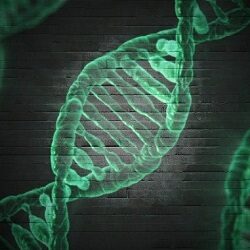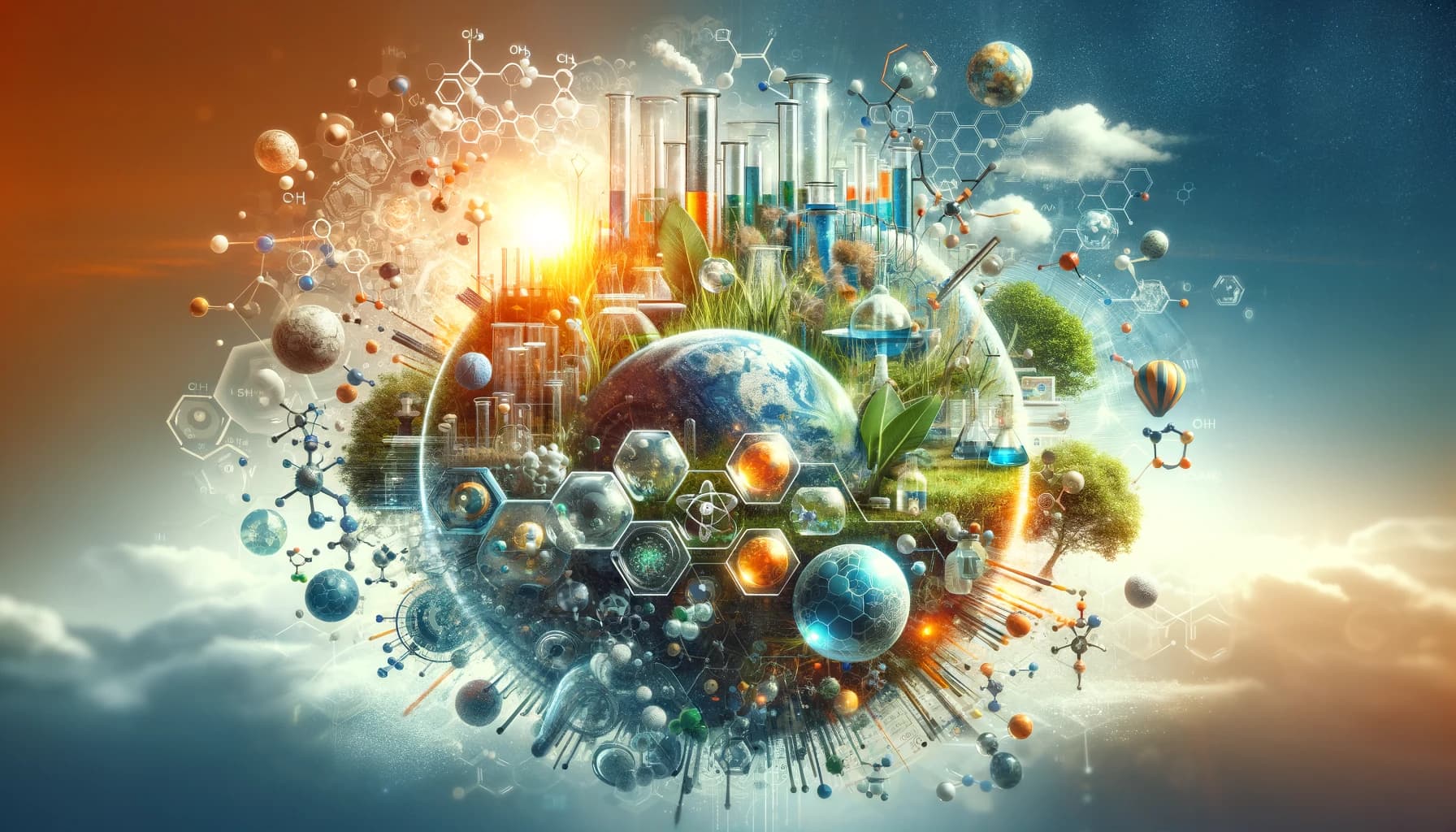Unveiling the Pivotal Role of Chemistry in Shaping Our World
At the intersection of science and society, chemistry is the fundamental basis that supports various aspects of modern life. Its role extends beyond the laboratory to areas where it has a direct impact on our health, the environment, and technological progress. This exploration begins with an understanding of chemistry’s fundamental contribution to everyday conveniences and continues with its critical applications in solving some of the world’s most pressing problems.
Chemistry in Everyday Life
Often unnoticed, chemical reactions are happening all around us all the time: from the food we cook to the cleaning products we use, chemistry underpins everyday activities. The composition and degradation of materials, the formulation of pharmaceuticals, and even the quality of water are all dictated by chemical processes. Understanding these processes helps to develop products that improve the quality and safety of life. For example, drinking water treatment involves chemical filtration methods that remove harmful contaminants and pathogens, providing safe water for millions of people.
In addition, the chemical industry plays a key role in the global economy. It not only provides the materials and substances needed by many sectors, but also develops innovative solutions for future needs. For example, biodegradable plastics developed through sophisticated chemical synthesis are a significant step forward in reducing pollution and increasing sustainability.
Chemistry in Everyday Life
Every day, whether we realize it or not, we are exposed to chemistry. It is in the air we breathe, in the food we eat, in the clothes we wear. In the simplest sense, chemistry is the science of matter and the changes it undergoes. But chemistry is not just a subject studied in the classroom, it is a dynamic field that is constantly evolving and influencing virtually every aspect of our lives.
Take the process of cooking, a daily ritual for many. Chemistry explains not only what happens during cooking, but also why certain ingredients behave the way they do when exposed to heat. For example, when bread is baked, a series of chemical reactions called the Maillard reaction takes place, which not only changes the color of the dough but also enhances the flavor of the bread.
Similarly, detergents are a mixture of different chemicals designed to interact with substances such as dirt and oil, breaking them down through chemical reactions so that they can be washed away. It’s not just a practical tool, it’s chemistry in action, keeping our environment hygienic and safe.
The Impact of Chemistry on Global Health
In global healthcare, chemistry has become a cornerstone in the development of medical breakthroughs. The synthesis of new compounds has led to the creation of many pharmaceuticals that treat diseases that were once considered fatal. Antibiotics, antivirals, and vaccines are all products of chemical science, created by carefully arranging molecules to achieve desired biological effects.
Today’s global landscape, shaped by the challenges of pandemics and widespread health problems, has only strengthened the role of chemistry. Research into viral structures and chemical interactions between viruses and drugs is key to developing treatments and vaccines that save millions of lives.
Revolutionizing Healthcare through Chemistry
The impact of chemistry on healthcare is profound and far-reaching. From antibiotics and vaccines to diagnostic tests and sophisticated imaging techniques, the use of chemistry is saving lives and improving health around the world. Ongoing research in drug discovery, aimed at understanding and manipulating chemical reactions at the molecular level, holds the promise of treating and potentially curing complex diseases such as cancer and Alzheimer’s.
Recent breakthroughs in biochemistry, such as CRISPR gene editing technology, illustrate how chemical principles are integral to pioneering genetic research. This technology, which relies on a series of chemical reactions to “edit” DNA, has enormous potential implications for medicine, agriculture, and other industries.
Driving Technological Innovation
The impact of chemistry on technology is no less significant, shaping industries from manufacturing to information technology. In electronics, chemical processes are crucial for the production of semiconductors and displays. These components play a central role in the functioning of smartphones, computers, and other digital devices that define our modern lifestyle.
In addition, materials science, which has deep roots in chemistry, is inventing substances with extraordinary properties-superconductors, nanomaterials, and photovoltaic cells-all of which are changing the technological landscape. These advances not only improve the performance and efficiency of devices, but also contribute to the sustainable use of resources by minimizing waste and energy consumption.

